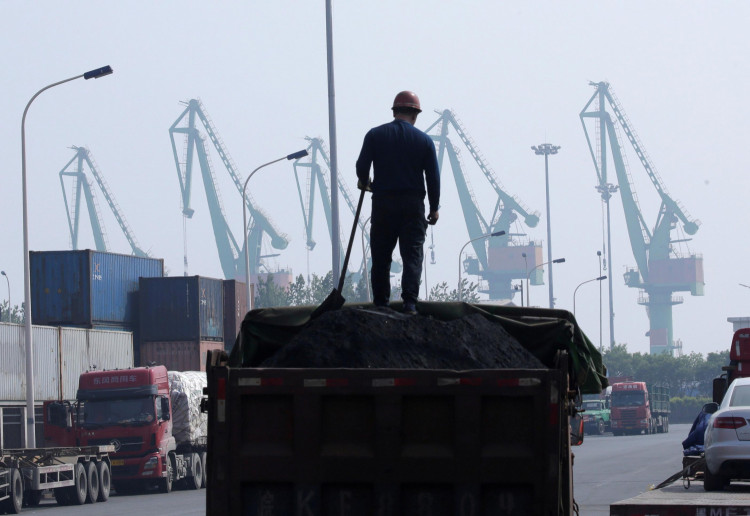China, the world's top buyer of energy, is on course to increase fuel imports by more than 10 percent this year, traders and analysts said on Tuesday, countering earlier forecasts that Beijing would slash deliveries at the same rate as 2018.
In the first nine months of 2019, China's coal imports have already risen by 9.5 percent to 250.57 million tons, customs data show, and at least 18.84 million tons of seaborne coal is expected to arrive this month, according to ship monitoring and port data compiled by Refinitiv.
Despite China usually taking on trucks and trains from Mongolia and Russia around 7 million tons more a month, overall volumes are likely to reach 276 million tons well before the end of the year. A maximum of 281,23 million tons last year.
Signs are emerging from a moderate turnaround in volumes of coal imports into China, analysts said, which has contributed to recent market projections.
"Chinese authorities might allow a relatively modest rise in annual imports to about 300 million tons," Whitehaven Coal Ltd, Australia's largest independent coal producer, said in a note late Tuesday. IHS Markit's oil firm predicts China to be able to bring in 320 million tons of coal this year.
A good number of coal traders in Singapore anticipate that imports of Chinese coal will reach at least 305 million tons. The increase in imports comes even after China has vowed to slash the use of carbon in the world's top energy market to combat extreme emissions.
Last year, the government took drastic measures to limit its exports, halting the clearance of coal cargo at major ports in December, which sent imports down from an average monthly rate of 22 million tons to just 10 million tons that month.
Economists cautioned that such measures could still be carried out by the customs officials, however, and stressed they are monitoring closely for any improvements to import rulings.
Meanwhile, analysis shows that the amount allocated to Beijing's large infrastructure projects has doubled this year, with a total of £83.9 billion allocated to airports and high-speed rail lines among 21 schemes.
Financing for 17 new coal mining facilities across mainland China has been included in the new funding allocations, despite the country's pledges to trim down its dependence on the power source.
Last year, seven mining companies were authorized and Beijing added 194 million tons of coal mining capacity between 2017 and 2018, with the total number of mines reaching more than 3,000.





